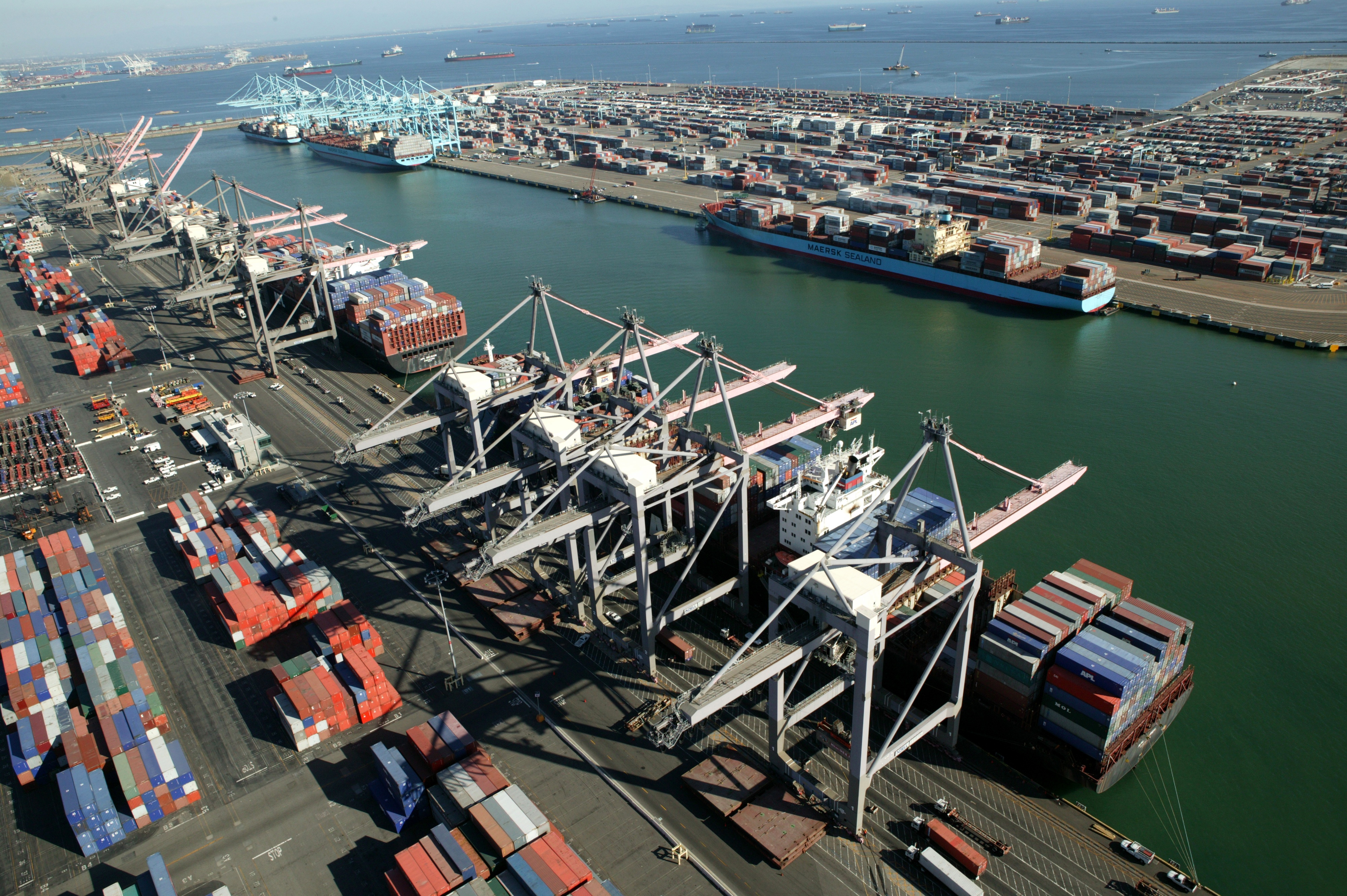Literally trillions of dollars in CPG merchandise is sold and shipped to retailers around the globe annually. The cost of research and development is enormous and you have successfully brought your quality products to market. Your brand is a household name and well recognized by consumers at the retail level. The margins are good but it seems that a percentage of your profit is left on the table. What can you do about it?
Over the past few decades retailers have amped up their vendor compliance with a view to speeding their order-to-cash cycle times and making their distribution centers maximally efficient. When goods are not received before or after the expected date or contain errors in labelling the vendor is subject to a chargeback based on the percentage of the value of the shipment.
The following tips were taken from our longer paper: How to Reduce Retail Chargebacks in Your Vendor Compliance Program
5 Tips to Stay Vendor Compliant
1) Advanced Shipping Notice (ASN) – One of the most significant violations is erroneous ASNs. Retailers base their receiving of products on this notification in order to maintain a streamlined handling process at the DC level. Inaccurate, late or missing ASNs are almost certain to attract a retail chargeback that could amount to hundreds or even thousands of dollars.
2) UCC128 Barcode Labels – Essentially, these labels are a genetic make-up of a shipment’s contents. Retailers depend on the scanned information received from the SSCC18 barcode to compare with the ASN. Inaccurate, defective, un-scannable or wrong placement of the barcode can seriously disrupt the receiving process. Retailers continually invest in benchmark technology to read the information and violation of the barcode will likely draw a penalty.
3) Ticketing – Correct ticketing is crucial because it reveals the price, UPC, description, color, size and item number of the product being purchased. Tickets that cannot be scanned or contain erroneous data are considered non-compliant and will generate a chargeback.
4) Shortages/Overages – Short shipping product can produce penalties of up to 15% of the cost of merchandise. So too, product substitutions. On a $10,000 shipment that can mean a monetary fine of up to $1500.00. That is a lot of profit margin left on the table. Conversely, excess quantities shipped do not normally attract a penalty but you can still leave a bad taste with the retailer for having to absorb additional products at their own expense.
5) Timely Shipments – Purchase orders contain a start ship date and a cancel date. One might think that it is always best to get the product to the retailer as quickly as possible. However, retailers plan their receiving based on their best interests and allows them to schedule receiving and apply cross-dock strategies as they deem suitable. Shipping prior to the start ship date or past the cancel date can result in a chargeback.
Experienced 3PL logistics providers can help you to curtail the number of retail chargebacks because of their knowledge of vendor compliance with the retailers. Don’t forget, not all retailers have the same set of rules and employing a company that deals with compliance day in and day out can help to maximize your profit margins.
Download the full Weber Insight:
Weber Logistics is a third party logistics company that specializing in retail compliant shipping of consumer products. Learn more or contact us at 855-GO WEBER (469-3237).




 Capital Management
Capital Management